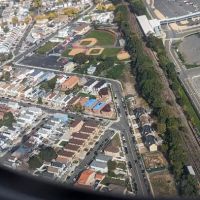Spring Creek Park Addition Introduce
New York City, a metropolis known for its towering skyscrapers and bustling streets, also encompasses vast expanses of natural beauty, particularly along its waterfronts. In the borough of Queens, the area of Howard Beach offers unique access to these ecological treasures. Spring Creek Park, a significant natural preserve, extends into this neighborhood, and its "Addition" represents an evolving piece of this vital green infrastructure. For New Yorkers, understanding these nuanced developments in their local green spaces is key to appreciating the city's commitment to environmental stewardship and recreational opportunities. As a professional content writer specializing in local business SEO, I'm here to provide a clear, engaging, and informative overview of Spring Creek Park Addition, acknowledging current community perspectives while highlighting its broader context and potential.
Spring Creek Park, a truly expansive natural area, is a jewel in the crown of NYC Parks, spanning parts of Brooklyn and Queens and bordering the vast Jamaica Bay. It's a critical ecological corridor, home to diverse wildlife and vital wetlands. The term "Spring Creek Park Addition" specifically refers to new or redeveloped sections integrated into this larger preserve. While the immediate impact of such "additions" might sometimes leave locals asking "what’s being added?" and noting "nothing was added, just a wooden divider," it's crucial to understand these projects within the broader context of urban environmental planning.
Often, "additions" to large nature parks are not about immediate recreational facilities like playgrounds or sports courts, but rather about ecological restoration, habitat protection, or the initial phases of long-term environmental enhancement projects. The "wooden divider" mentioned in a review, for instance, could be a preliminary step in preventing vehicular intrusion into sensitive natural areas, protecting vegetation, or delineating future pathways. These initial measures, while seemingly minor to the casual observer, are fundamental to safeguarding the integrity of wetlands and natural habitats before more visible recreational amenities can be introduced in subsequent phases, if planned.
The commitment to expanding and protecting natural areas like Spring Creek Park is vital for New Yorkers. These spaces serve as crucial lungs for the city, providing clean air, managing stormwater, and offering rare opportunities for wildlife observation and a connection to nature. They represent the city’s dedication to balancing urban development with environmental preservation, ensuring that future generations of New Yorkers also have access to these invaluable resources. For residents of Howard Beach, the "Addition" to Spring Creek Park underscores the ongoing evolution of their local environment, even if the progress is incremental and primarily ecological in its initial stages. It’s a testament to the continuous effort required to maintain and enhance the city’s natural heritage.
Spring Creek Park Addition is located within the broader Spring Creek Park area, which spans parts of Brooklyn and Queens. The specific address provided for the "Addition" is Howard Beach, NY 11414, USA. This places it directly within the Howard Beach neighborhood, a predominantly residential community in southwestern Queens, known for its proximity to Jamaica Bay and its unique blend of suburban feel with urban convenience. The park's location offers residents direct access to significant natural preserves and waterfront areas.
Accessibility to Spring Creek Park Addition in Howard Beach is primarily by car, which is a common mode of transportation for accessing larger natural areas on the outskirts of New York City. While specific parking details for this "Addition" might be limited, the broader Spring Creek Park typically offers designated parking areas at various access points. However, the review mentioning "a wooden divider so cars couldn’t park/back into the grass" suggests efforts to manage unauthorized parking and protect the green space, which is common in ecologically sensitive areas.
For those relying on public transportation, accessing Spring Creek Park and its additions can be a bit more indirect compared to highly urbanized parks. Howard Beach is served by the A subway line, with stations such as Howard Beach-JFK Airport, though further local transportation (bus or a longer walk) might be needed to reach specific sections of the park. Several MTA bus routes also serve the Howard Beach area, which can provide connections to different parts of the neighborhood and closer to park access points. Residents should consult the MTA's official website or use public transit apps to find the most relevant bus routes connecting to the general Spring Creek Park area in Howard Beach.
While a car may offer the most convenient access for exploring the full extent of Spring Creek Park, the "Addition's" location within Howard Beach ensures that local residents have an immediate connection to this significant green space. The ease of access for local New Yorkers underscores the park's importance as a neighborhood amenity, providing a vital natural escape within their immediate vicinity.
Given the nature of Spring Creek Park Addition as a natural area potentially undergoing ecological enhancement, the "services offered" might differ from a traditional urban park with playgrounds and facilities. Instead, the services are likely focused on preserving and presenting the natural environment.
Natural Habitat Preservation: A primary "service" is the ongoing preservation and restoration of natural habitats, particularly wetlands and coastal ecosystems. This benefits local wildlife and contributes to the overall ecological health of the Jamaica Bay area.
Passive Recreation Space: Even without formal pathways (as noted in one review, "no pathway to walk"), the area provides open natural space for passive recreation, such as observing nature, quiet contemplation, or informal strolls (where permissible). Future phases might introduce formal trails.
Erosion Control & Environmental Protection: Features like the "wooden divider" (which prevents cars from backing into the grass) serve as a service by protecting the natural landscape from damage, controlling erosion, and maintaining the ecological integrity of the addition.
Potential for Future Development: The term "Addition" itself implies a forward-looking service—the intention to expand and enhance the existing park. While not yet materialized, this points to future recreational or educational opportunities. The question "is there a second phase?" from a reviewer highlights this community expectation.
Stormwater Management: Natural wetlands and green spaces play a crucial role in absorbing stormwater and mitigating flooding, providing an invaluable ecological service to the surrounding Howard Beach community.
It's important for New Yorkers to understand that "additions" to large natural parks often prioritize ecological functions and long-term environmental benefits, with recreational amenities being phased in over time or designed to be low-impact to protect sensitive ecosystems.
Spring Creek Park Addition, as part of the larger Spring Creek Park, offers several notable features and highlights, even if its "addition" phase is currently focused on foundational elements rather than immediate recreational facilities.
Connection to Spring Creek Park: The most significant highlight is its direct connection to the vast Spring Creek Park. This provides access to an extensive natural area known for its coastal ecosystems, salt marshes, and diverse wildlife, including a variety of bird species.
Ecological Importance: The "Addition" contributes to the critical ecological health of the Jamaica Bay watershed. These wetlands are vital for filtering water, protecting coastal areas from storms, and serving as essential habitats for migratory birds and other wildlife. For nature enthusiasts, this ecological richness is a major draw.
Natural Beauty: Despite its current state, the area offers inherent natural beauty with its unique wetland landscapes and views of Jamaica Bay. This provides a serene backdrop for peaceful contemplation and appreciating local flora and fauna.
Potential for Future Amenities: The very term "Addition" suggests ongoing development. While residents may currently perceive "no pathway to walk," the underlying governmental project implies future enhancements that could include new trails, improved access points, or interpretive signage, creating anticipation for what's to come.
Preservation Efforts: Features like the "wooden divider" highlight active preservation efforts to protect the delicate natural environment. This commitment to safeguarding the green space ensures its long-term viability and ecological integrity for future generations of New Yorkers.
Passive Recreation Opportunity: Even in its less developed state, the "Addition" offers opportunities for passive recreation, such as observing the natural landscape, birdwatching (from accessible points), and enjoying the tranquility of a natural area within city limits.
As a public park addition managed by NYC Parks, Spring Creek Park Addition primarily offers the enduring "promotion" of free public access to a valuable natural area. Traditional commercial promotions are not applicable here. However, locals can benefit from various free, community-oriented initiatives and opportunities that align with the park's ecological purpose.
Free Access to Natural Green Space: The most fundamental "promotion" is the consistent, free access to this segment of Spring Creek Park. In a densely populated urban environment, the ability to access natural landscapes and fresh air without cost is an invaluable benefit for well-being and recreation.
NYC Parks Educational Programs: While specific programs might not be held directly within this newly added section, NYC Parks often hosts free environmental education programs, nature walks, and birdwatching events in larger, more developed sections of Spring Creek Park or other natural areas in Queens. These programs offer an excellent "special offer" for New Yorkers to learn about local ecology and wildlife. Locals interested in this "Addition" should look for programs in the wider Spring Creek Park.
Volunteer & Stewardship Opportunities: For residents who wish to contribute to the preservation of their local green spaces, "promotions" can take the form of free volunteer opportunities. Environmental groups and NYC Parks periodically organize clean-up days, planting events, or habitat restoration projects within Spring Creek Park. Participating is a fantastic way to engage with the community and directly impact the park's health.
Long-Term Value Proposition: The "Addition" itself is a "promotion" for future value. While current amenities may seem limited, it represents an investment in long-term ecological benefits and potential future recreational enhancements. This promise of an evolving green space is a continuous offer of future enrichment for the community.
To stay informed about current and future developments or relevant free programs in the broader Spring Creek Park, locals are encouraged to check the official NYC Parks website, particularly the sections on environmental education and Queens parks, and to follow local Howard Beach or environmental community groups on social media.
For general inquiries regarding Spring Creek Park Addition or the broader Spring Creek Park, and to learn more about NYC Parks initiatives, you can utilize the central contact information for the New York City Department of Parks & Recreation.
Address: Howard Beach, NY 11414, USA (Note: This is a general area address for the Addition; specific access points may vary within the larger park.)
General NYC Parks Information Line:
Phone: (212) 639-9675
Mobile Phone: +1 212-639-9675
It is important to note that these phone numbers connect you to the main NYC Parks Department. While they can provide general information about Spring Creek Park and its management, for very specific details about the "Addition" or ongoing projects that might not be widely publicized, it may also be beneficial to check the official NYC Parks website, specifically the sections on natural areas or capital projects for Queens parks. Engaging with local Howard Beach community groups or environmental organizations focused on Jamaica Bay can also provide more granular insights into community perspectives and potential future developments related to Spring Creek Park Addition. These channels are the most effective ways for New Yorkers to stay informed about the evolving nature of this significant local green space.
In conclusion, Spring Creek Park Addition in Howard Beach represents a crucial, evolving green space that is highly suitable for New Yorkers, particularly those with an interest in nature and environmental preservation. While current community reviews express curiosity about its immediate recreational features ("Nothing was added, just a wooden divider... no pathway to walk"), it's essential to understand this "Addition" within the broader context of Spring Creek Park's ecological significance.
For locals in Howard Beach, this park segment offers immediate access to a vital natural area, rich in wetlands and diverse wildlife. Its location within the 11414 ZIP code provides residents with a convenient escape for passive recreation, nature observation, and enjoying the tranquility of Jamaica Bay. While accessible primarily by car, the park's proximity to the A subway line and local bus routes also offers public transit options. The "wooden divider" and ongoing efforts signify active steps towards ecological preservation and responsible land management, which are long-term benefits for the community. This park, even in its current developmental phase, provides essential green infrastructure, contributing to cleaner air, stormwater management, and a precious connection to the natural world. Spring Creek Park Addition is a testament to the city's commitment to nurturing its natural assets, offering New Yorkers a unique blend of urban nature and the promise of future environmental and recreational enhancements. It is a valuable local resource, fostering an appreciation for the unique ecosystem of Queens and the importance of preserving wild spaces within the urban fabric.
Spring Creek Park Addition Photos
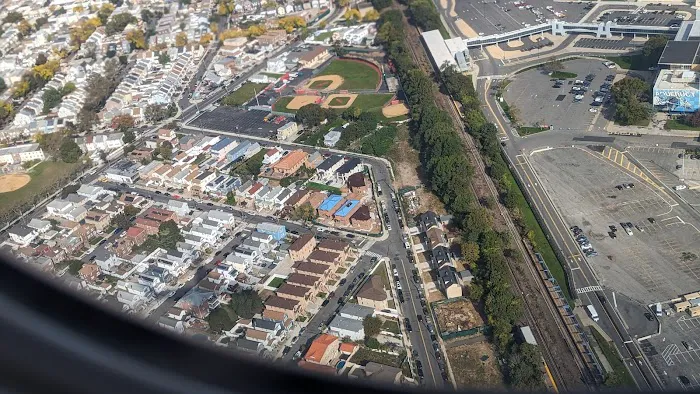
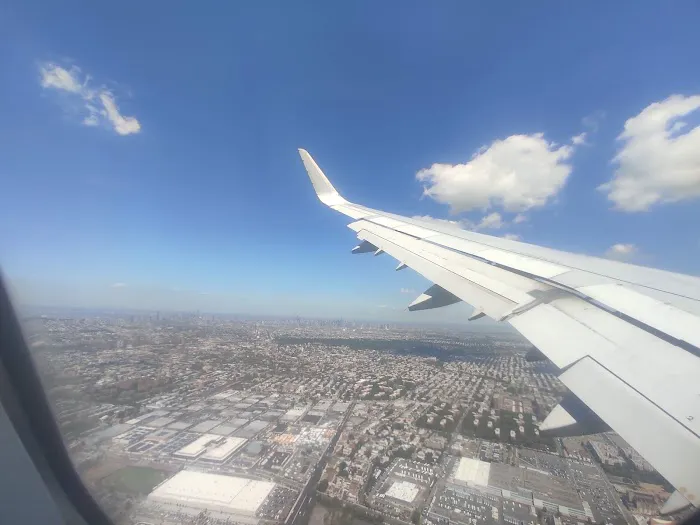
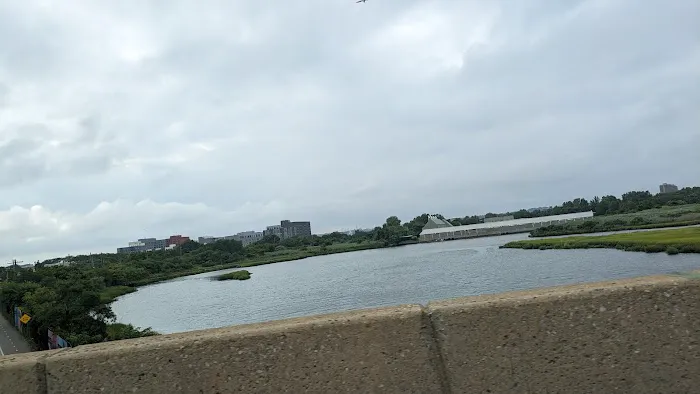
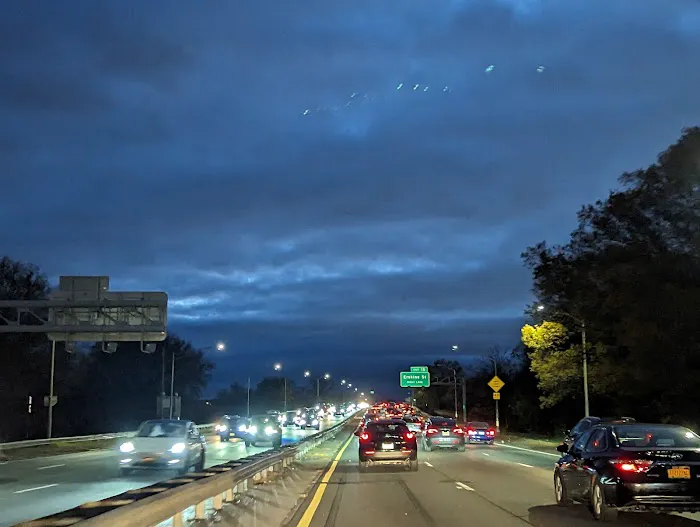
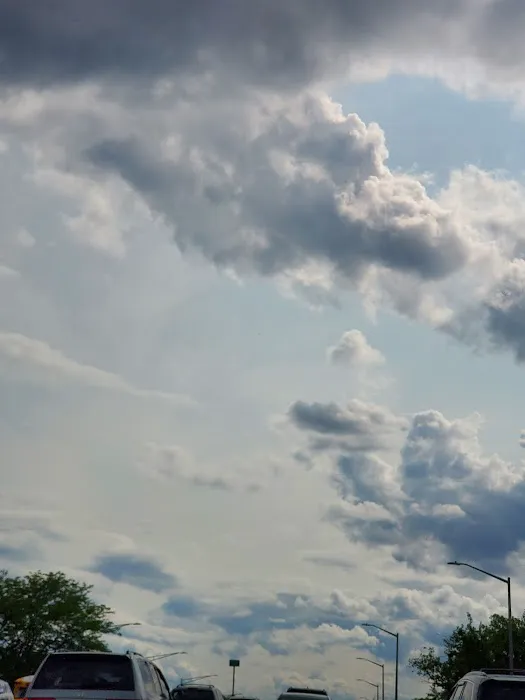
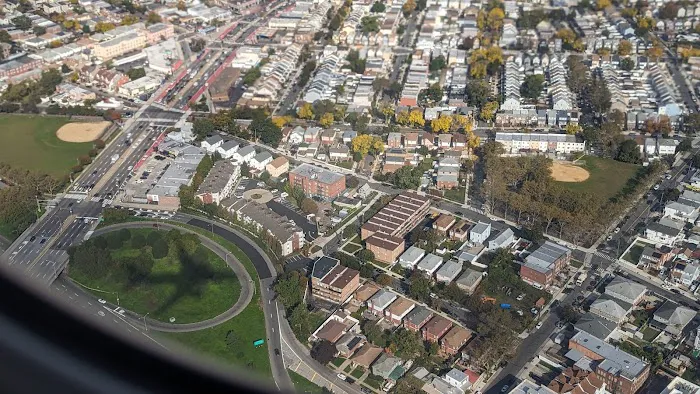
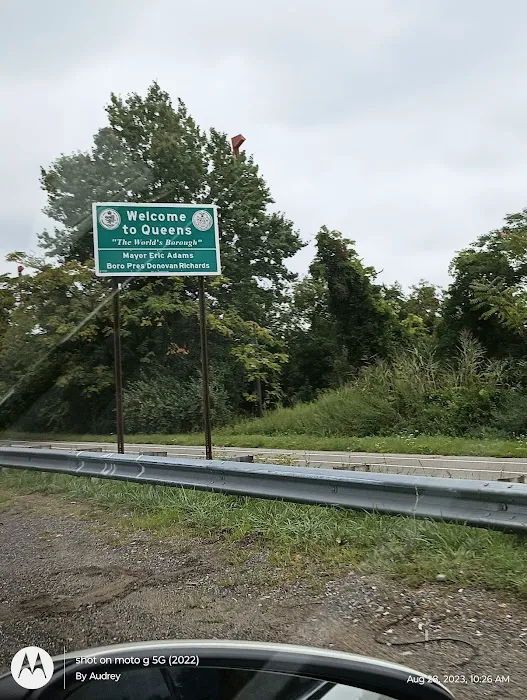
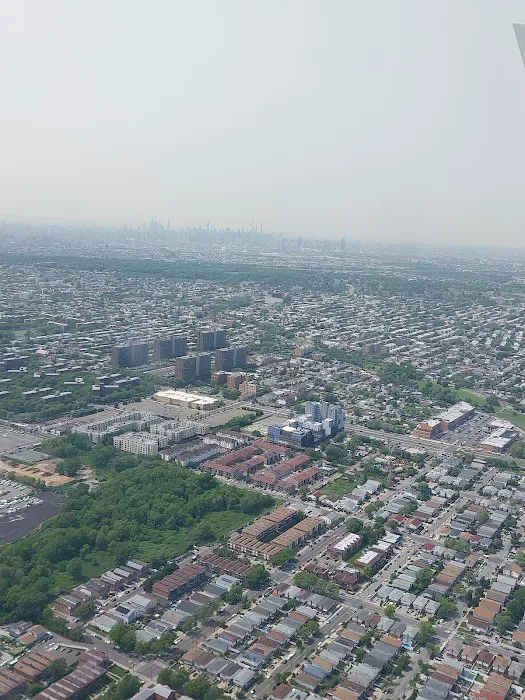
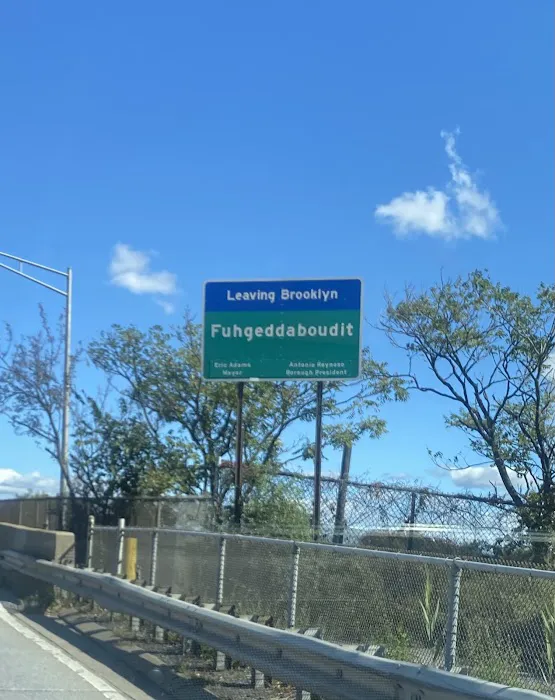
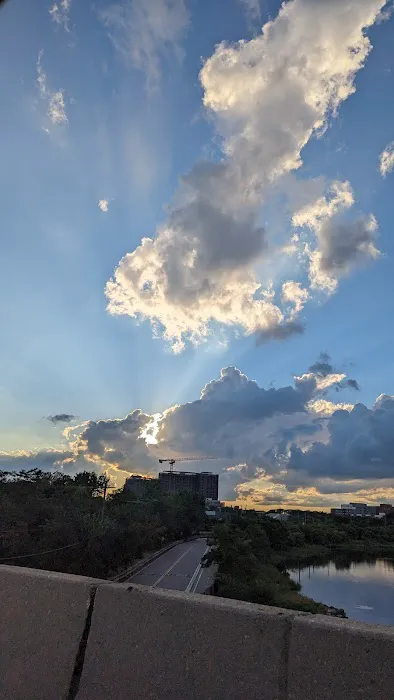
Spring Creek Park Addition Location
Spring Creek Park Addition
Howard Beach, NY 11414, USA
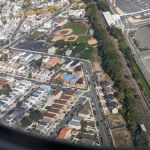 Spring Creek Park Addition
Spring Creek Park AdditionHoward Beach
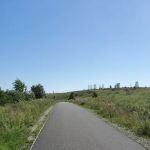 Hiking Path Under Old Mill Creek Bridge
Hiking Path Under Old Mill Creek BridgeBelt Pkwy
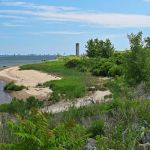 Shirley Chisholm State Park (Fountain Entrance)
Shirley Chisholm State Park (Fountain Entrance)950 Fountain Ave
 Hotel Blu NY
Hotel Blu NY12695 Flatlands Ave
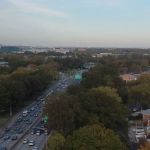 Bike Walking Path
Bike Walking PathHoward Beach
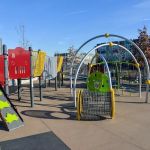 Berriman Playground
Berriman Playground633 Schroeders Ave
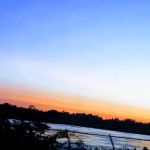 Pink Playground
Pink PlaygroundStanley Ave. &
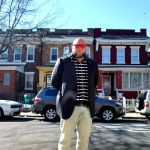 @Quitebangingfoods
@Quitebangingfoods700 Fountain Ave
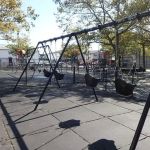 Woodruff Playground
Woodruff PlaygroundAutumn Avenue &
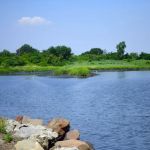 Spring Creek Park
Spring Creek ParkBelt Pkwy
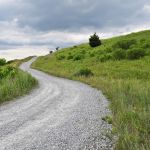 Top Of Shirley Chisholm Park
Top Of Shirley Chisholm Park1366 E 99th St
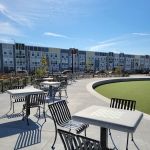 Gateway Estates Park
Gateway Estates Park1115 Ashford St
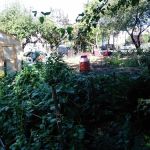 Euclid/Pine Street Block Association Garden
Euclid/Pine Street Block Association Garden1308 Dumont Ave
Spring Creek Park Addition Reviews
Nothing was added, just a wooden divider so cars couldn’t park/back into the grass to much - no pathway to walk, seems like a waste of a government-funded project that appeared to promise something that never materialized. I’m curious to know if there’s a second phase to this “addition.”
Nov 27, 2023 · Matthew Espinalwhat’s being added?
Apr 24, 2023 · ML- Apr 27, 2024 · mullah jee
More Scenic Spot
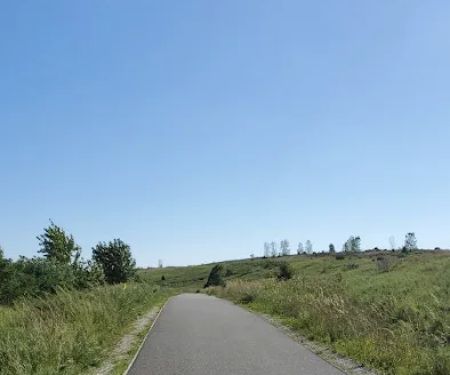 Hiking Path Under Old Mill Creek Bridge5.0 (2 reviews)
Hiking Path Under Old Mill Creek Bridge5.0 (2 reviews)Belt Pkwy, Queens, NY 11414, USA
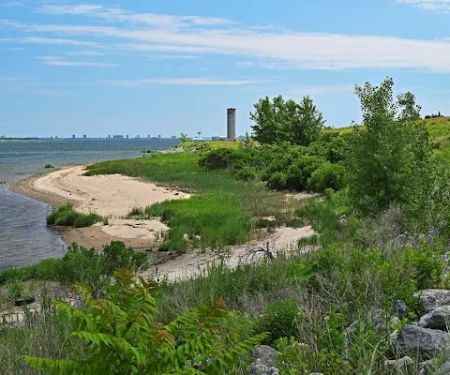 Shirley Chisholm State Park (Fountain Entrance)4.0 (141 reviews)
Shirley Chisholm State Park (Fountain Entrance)4.0 (141 reviews)950 Fountain Ave, Brooklyn, NY 11239, USA
 Hotel Blu NY5.0 (21 reviews)
Hotel Blu NY5.0 (21 reviews)12695 Flatlands Ave, Brooklyn, NY 11208, USA
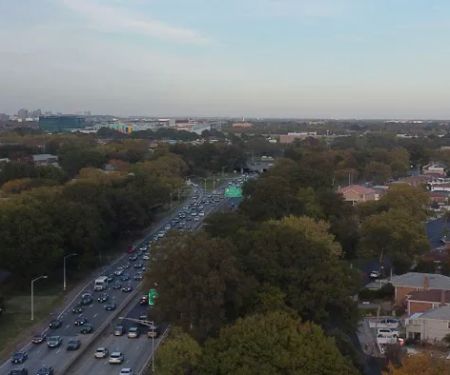 Bike Walking Path4.0 (2 reviews)
Bike Walking Path4.0 (2 reviews)Howard Beach, NY 11414, USA
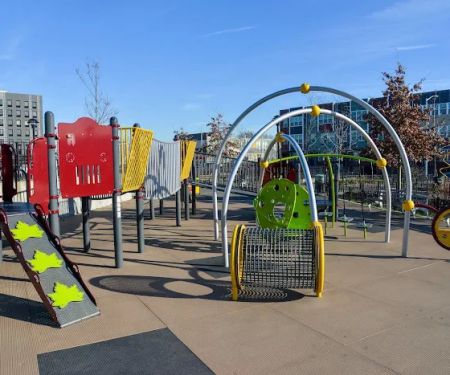 Berriman Playground4.0 (79 reviews)
Berriman Playground4.0 (79 reviews)633 Schroeders Ave, Brooklyn, NY 11239, USA
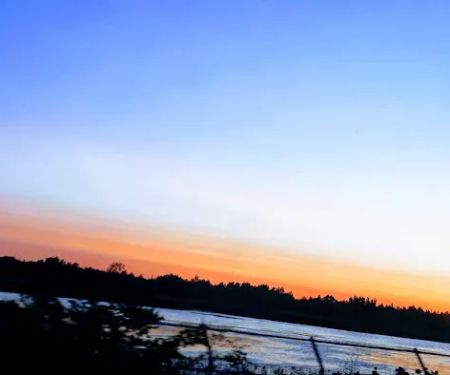 Pink Playground4.0 (82 reviews)
Pink Playground4.0 (82 reviews)Stanley Ave. &, Eldert Ln, Brooklyn, NY 11208, USA
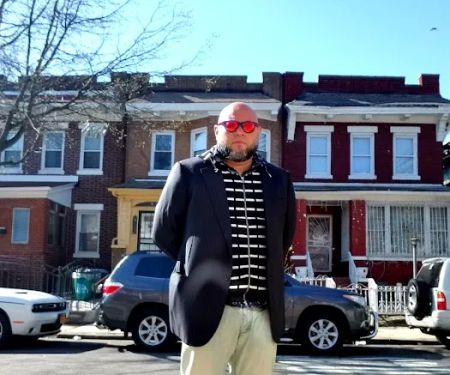 @Quitebangingfoods0.0 (0 reviews)
@Quitebangingfoods0.0 (0 reviews)700 Fountain Ave, Brooklyn, NY 11208, USA
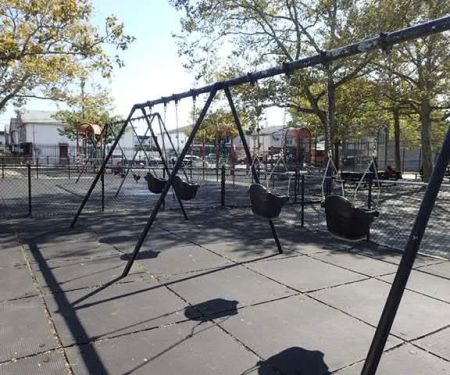 Woodruff Playground3.0 (16 reviews)
Woodruff Playground3.0 (16 reviews)Autumn Avenue &, Stanley Ave, Brooklyn, NY 11208, USA
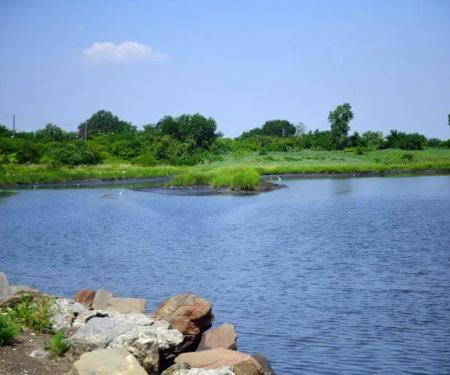 Spring Creek Park4.0 (436 reviews)
Spring Creek Park4.0 (436 reviews)Belt Pkwy, Howard Beach, NY 11414, USA
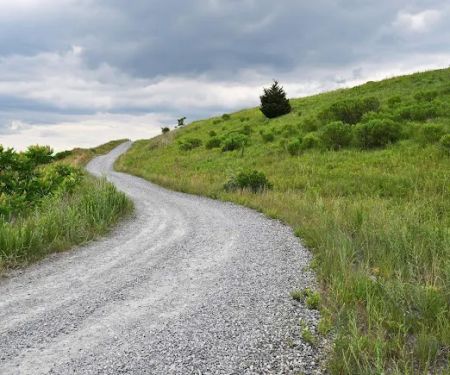 Top Of Shirley Chisholm Park4.0 (9 reviews)
Top Of Shirley Chisholm Park4.0 (9 reviews)1366 E 99th St, Brooklyn, NY 11236, USA
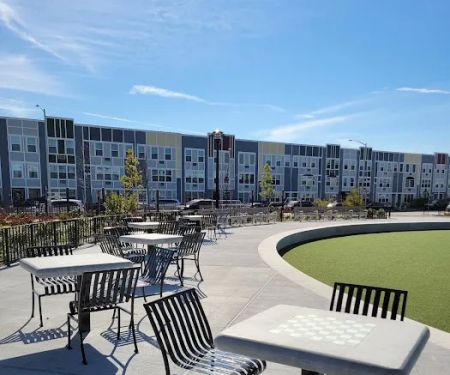 Gateway Estates Park5.0 (5 reviews)
Gateway Estates Park5.0 (5 reviews)1115 Ashford St, Brooklyn, NY 11239, USA
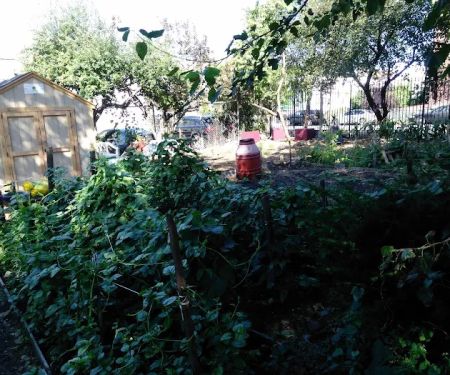 Euclid/Pine Street Block Association Garden3.0 (19 reviews)
Euclid/Pine Street Block Association Garden3.0 (19 reviews)1308 Dumont Ave, Brooklyn, NY 11208, USA
Categories
Popular Camping Sites
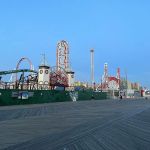 Coney Island Boardwalk Garden4.0 (75 reviews)
Coney Island Boardwalk Garden4.0 (75 reviews) The William Hotel Midtown, Sonder4.0 (555 reviews)
The William Hotel Midtown, Sonder4.0 (555 reviews)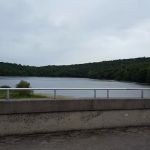 Shepard Lake Recreation Area0.0 (0 reviews)
Shepard Lake Recreation Area0.0 (0 reviews)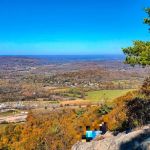 Stairway To Heaven4.0 (185 reviews)
Stairway To Heaven4.0 (185 reviews)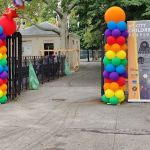 Howard Bennett Playground4.0 (152 reviews)
Howard Bennett Playground4.0 (152 reviews)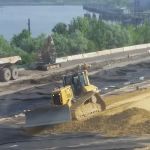 Isle of Meadows4.0 (10 reviews)
Isle of Meadows4.0 (10 reviews)Trending Camping Blog Posts
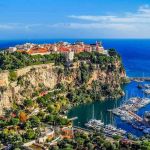 Top Group Travel Destinations in Europe: Best Places for Group Vacations
Top Group Travel Destinations in Europe: Best Places for Group Vacations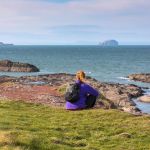 How to Get Involved in Travel Clans for Social Travel: Explore Group Travel Opportunities
How to Get Involved in Travel Clans for Social Travel: Explore Group Travel Opportunities Best Travel Clans for Sustainable Travel
Best Travel Clans for Sustainable Travel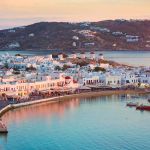 Best Group Vacation Destinations for Friends: Ultimate Travel Ideas
Best Group Vacation Destinations for Friends: Ultimate Travel Ideas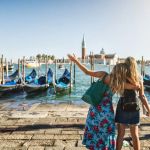 Travel Clans for Solo Travelers Looking for Company: Join Unique Travel Communities
Travel Clans for Solo Travelers Looking for Company: Join Unique Travel Communities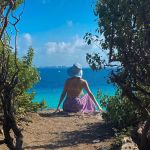 Best Travel Clans for Women Traveling Together
Best Travel Clans for Women Traveling Together 
